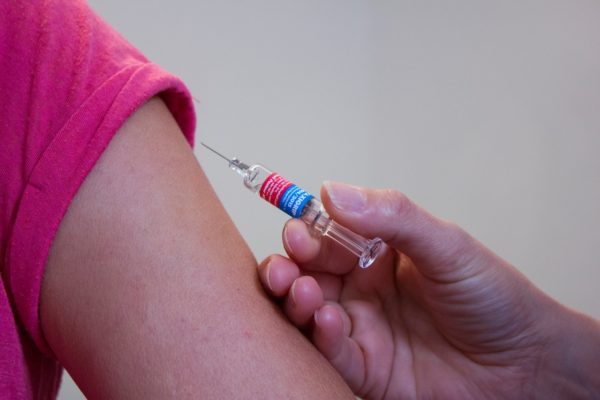Do All Vaccines Need to be Refrigerated?
The vast majority of vaccines need to be kept refrigerated. Most are highly susceptible to light and temperature changes so it’s imperative to keep them at their proper temperature range throughout the entire cold chain. This requires meticulously regulating temperatures from manufacturer to the time the vaccine is administered. Most labs will check refrigerators two times per day to ensure their vaccines are properly kept.
What Happens If Vaccines are Not Refrigerated?
Since vaccines are quite fragile, it’s crucial to keep them at their recommended temperature ranges. Most vaccines allow for around 5 degrees of fluctuation, to keep it between 35.6 and 46.4 degrees Fahrenheit (or 2-8 degrees celsius) (“Vaccine Storage and Handling”). Temperature fluctuation in the mishandling of vaccines can result in reduced potency and protection as the vaccine will actually deteriorate when subjected to temperatures outside its range. While any temperature outside its range is harmful, it’s most often more harmful for a vaccine to be subjected to freezing temperatures than to hotter ones. On a mass scale, ineffective vaccines can have serious implications on populations relying on vaccines to pursue their day to day life. Additionally, wasted vaccines can come at a hefty price for those who administer it.
How Long are Vaccines Allowed to be Outside a Refrigerator?
When vaccines are removed from refrigeration, they will start to deteriorate quickly. But how long it can maintain efficacy when outside a refrigerator is solely dependent on the type of vaccine. For instance, some vaccines can withstand 12 hours and maintain effectiveness, whereas others it can take a few hours before it’s no longer okay to use.
What Happens if Flu Vaccines are not Refrigerated
A flu vaccine can only be taken outside of a refrigerator once and can last no more than 12 hours outside the refrigerator in temperatures no higher than 77 degrees Fahrenheit.
What are the Features that a Vaccine Refrigerator Should Have?
Vaccine refrigerators must be plugged in at all times and have an alternative source of power (ie: generator) in the event of a power outage. Unlike your normal food refrigerator, a vaccine refrigerator will be highly accurate, even with a temperature alert system that will notify staff if the refrigerator is not maintaining proper temperatures. Many will also have a lock to decrease the likelihood of someone stealing a sought after vaccine.
Where in the Refrigerator Should Vaccines be Stored?
It’s smart to test the temperature consistency from one part of the refrigerator to the next. To do so, simply place a thermometer in various spots around the refrigerator to ensure it’s equally spreading cool temperature. We recommend storing vaccines using a color-coded system and making sure it’s towards the center of the refrigerator so air can circulate around it.
How can Powers Equipment Help you with your Vaccine Refrigerator Needs?
Powers Equipment has been a refrigerator manufacturer since 1984. We are skilled at designing and manufacturing scientific refrigerators that meet the critical demands of proper vaccine storage. We offer ample models and accessories, working with you to customize your refrigerator to your distinct needs. Contact Powers today to get started with your new refrigerator.
Sources:
- “Vaccine Storage and Handling.” Pan American Health Organization, 2021, https://www.paho.org/en/campaigns/vaccination-week-americas-2021.

